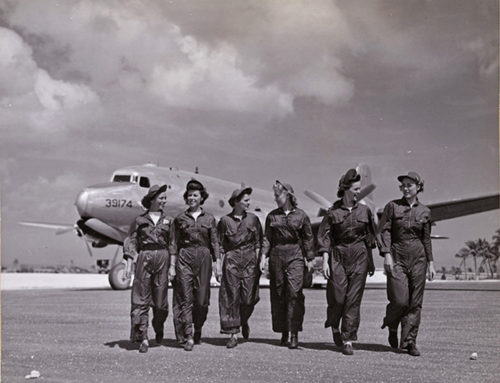The second of two articles on food published in the 1961 edition of All Hands was entitled “Miniature Meals” and addressed issues specific to submarines. (See yesterday’s “Tidbit” for the first article.)
“Food is fast replacing fuel as the limiting factor in keeping our ships at sea.
“Consider, if you will, the cruise records of the past three years. The nuclear-powered submarines, USS Skate, SS(N) 578, and Nautilus, SS(N) 571, made history in the Arctic in 1958, and in the same year Seawolf, SS(N) 575, broke previous endurance records for submerged operations. Last year Triton, SSR(N) 586, shattered all records by circling the globe submerged, and Seadragon, SS(N) 584, traversed the Arctic waters of the Northwest Passage.
“Now 60-day underwater operations are routine for such Polaris submarines as USS George Washington, SSB(N) 598, and her sister ships. But with space aboard these ships at a premium, the storage of enough food poses a problem.
“As a possible answer, the Navy has adopted space-saving, ration-dense foods. They are processed to eliminate waste, reduce bulk, and where possible, substantially cut the need for refrigerated storage. Here is an example of how they help save space aboard ship:
“Six standard food items—bacon, coffee, eggs, milk, onions and potatoes—for 100 men for 30 days, weigh 3332 pounds and require 220.5 cubic feet of space. If ration-dense foods are used, the weight drops to 531.75 pounds and space requirements are cut to 33.9 cubic feet. Not only is stowage area saved, but these items do not need refrigeration. Some ration-dense foods save more than 90 per cent of the space normally required. The use of instant nonfat milk, for example, saves 74 per cent in crowded storage bins.
“There are now more than 50 ration-dense items in the Navy supply system with many more in development and testing stages. Initially, these miniaturized foods are tested aboard submarines and small surface ships that have limited storage space for food. If they are approved by the crews, their use may be extended throughout the Navy. The high cost of some pilot items and limited production prevent full adoption of ration-dense food by the military. Eventually, however, production will go up and prices will come down.
“Both cooks and crews aboard Navy submarines have rated ration-dense foods highly acceptable. Foods rated excellent were pre-fried canned bacon, boneless frozen turkey, dehydrated potatoes, instant fruit juices and instant dessert powders.
“The new foods are distributed by the Navy Subsistence Office, Washington, D.C., a field activity of the Bureau of Supplies and Accounts.”





